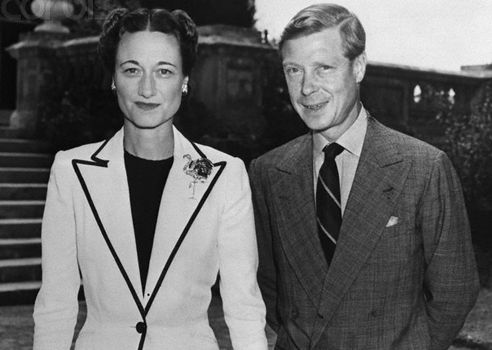Reading time: Less than 1 minute
Increase your vocabulary and you’ll make your writing much more precise. That’s why I provide a word of the week. Today’s word: morganatic….
A Ukrainian-born Russian-registered cossack who became the lover of Russian Empress Elizaveta Petrovna, Count Alexei Grigorievich Razumovsky was also rumoured to be something I’d never heard of: a morganatic husband.
I learned the word from reader John Friesen, who discovered it in the book Catherine the Great: Portrait of a Woman by Robert Massie. Here is the sentence in which he found it:
He [Razumovsky] became her lover, and possibly, after a secret marriage, her morganatic husband…
The term, which is reserved for royalty, refers to a marriage between people of unequal social rank, which prevents the passage of the partner’s titles and privileges to the spouse and any children born of the marriage. Now rare, it is also known as a left-handed marriage because in the wedding ceremony the groom held his bride’s hand with his left hand instead of his right.
The word morganatic actually comes from a word for a marriage benefit. The Medival Latin term matrimonium ad morganaticam means “marriage of the morning,” probably from Old High German morgangeba “morning gift,” corresponding to Old English morgengifu (morn + gift). It refers to a gift that a new husband traditionally gave to his bride on the morning after their marriage.
So why was the phrase used to describe a marriage of unequals? It was ironic. The wife received the morning gift — but that’s all she was entitled to of her husband’s possessions.
In 1936, Wallis Simpson and then-King Edward, (pictured above) briefly considered a morganatic marriage. But, this idea was rejected by the British Prime Minister and, in the end, Edward was persuaded to abdicate.

